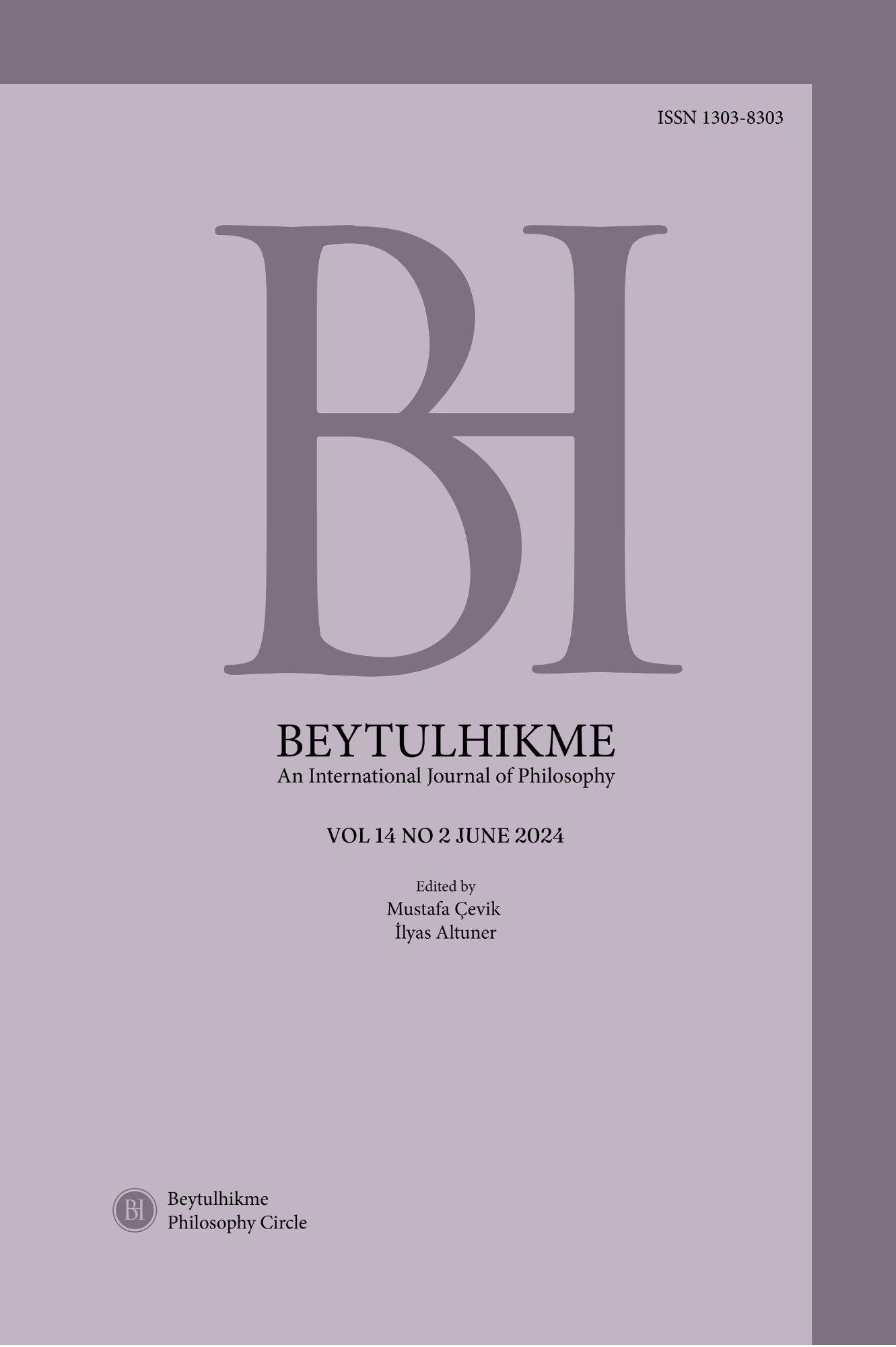Author :
Abstract
Platon düşünce tarihinde idealist felsefenin kuramlaştırıcısıdır. Sistematik bağlamda düşüncelerini diyaloglarla anlatmıştır. Diyaloglarda Yunan kültürünün yansımalarına, kültürün yaşam alanı bulduğu polislere de yer yer dikkat çekmiştir. Diyaloglarda bazen şehrin bir bölgesine, bazen bir halk kültürüne, bazen de herhangi bir yaşam olgusuna dikkat çekmektedir. Bu nedenle de onun eserlerinde polislerdeki yaşamın anlatısı tıpkı mitolojik ögeler ve analojiler gibi değerlendirilir ve diyalogdaki felsefi konunun anlaşılmasında kullanılır. Şehir yaşamından ögeler yer yer diyalog girişinde okuyucuyu konuya hazırlar, yer yer konunun ilerleyişinin gelişimini kavratmak için kullanılır. Bu yönüyle Platon aynı zamanda bir kültür felsefecisidir. Amacımız diyaloglardaki Atina polisinin yansımalarını ortaya koymaktır. Diğer bir bağlamda Platon diyaloglarının şehir algısına bakışını siyaset felsefesi dışında kalarak kültürel bakışla ele alıp değerlendirmek olacaktır. Makale, diyaloglardan hareketle Platon’un diyaloglarında Atina polisinin yansımalarını, polisten hareketle de şehri ve kültürünü alt başlıklar halinde değerlendirmeye odaklanacaktır. Makale, şehir algısını (Atina) diyaloglardan hareketle yorumlamaya dayanan yöntemle ele almayı hedeflemektedir.
Keywords
Abstract
Plato is the theorist of idealist philosophy in the history of thought. In a systematic context, he explained his thoughts through dialogues. He also drew attention to the reflections of Greek culture in the dialogues, and to the police where the culture found a living space. In the dialogues, he sometimes draws attention to a region of the city, sometimes to a folk culture, and sometimes to any life phenomenon. For this reason, the narrative of life in the police in his works is evaluated just like mythological elements and analogies and is used to understand the philosophical subject in the dialogue. Elements from city life are sometimes used to prepare the reader for the subject in the introduction of the dialogue, and to make them comprehend the development of the progress of the subject. In this respect, Plato is also a philosopher of culture. Our aim is to reveal the reflections of the Athenian police in the dialogues. In another context, it will be to evaluate the view of the city perception of Plato's dialogues from a cultural perspective, leaving it out of political philosophy. Based on the dialogues, our article will focus on evaluating the reflections of the Athenian police in Plato's dialogues, and evaluating the city and culture under sub-titles based on the police. The article aims to deal with the perception of the city (Athens) with a method based on interpretation based on dialogues.





